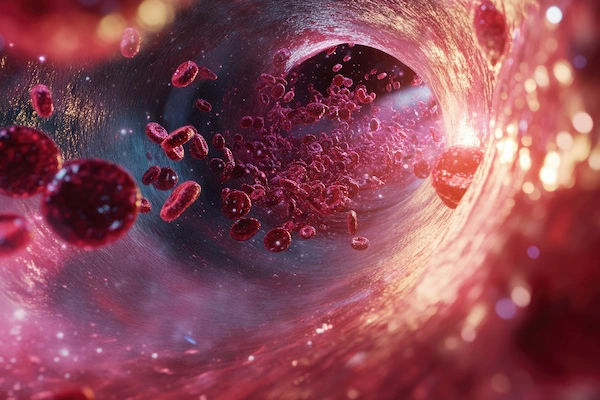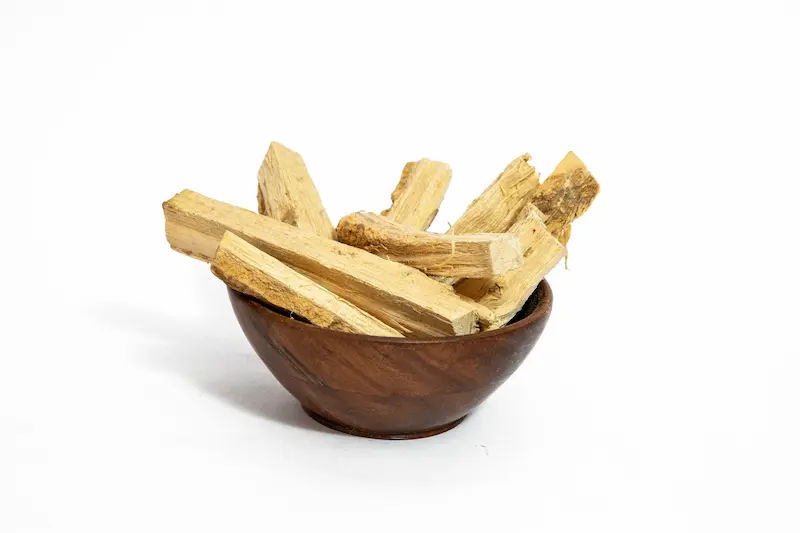What Is Plasma Therapy?
Discover what plasma therapy is, how it works, its medical uses, and potential benefits in treating various diseases, including immune and infectious conditions.

Written by Dr. Shaik Abdul Kalam
Reviewed by Dr. Rohinipriyanka Pondugula MBBS
Last updated on 13th Jan, 2026

Introduction
Plasma therapy is a medical treatment that uses blood plasma to help fight diseases, boost immunity, or promote healing. It has gained attention, especially during the COVID-19 pandemic, as a potential treatment option. If you or a loved one is considering plasma therapy, this article will help you understand what it is, how it works, and its benefits and risks in simple terms.
What Is Plasma?
Before understanding plasma therapy, it’s important to know what plasma is. Plasma is the liquid part of your blood, making up about 55% of your total blood volume. It carries:
Red and white blood cells
Platelets (which help in clotting)
Proteins, antibodies, and nutrients
Plasma is rich in antibodies, which are proteins that help your immune system fight infections.
What Is Plasma Therapy?
Plasma therapy involves using plasma from a recovered patient (or a donor) to help treat another person suffering from the same disease. The idea is that the antibodies in the donor’s plasma can help the sick person fight the infection more effectively.
There are two main types of plasma therapy:
1. Convalescent Plasma Therapy (CPT): Uses plasma from people who have recovered from an infection (like COVID-19).
2. Autologous Plasma Therapy: Uses the patient’s own plasma (often used in skin treatments or wound healing).
How Does Plasma Therapy Work?
Here’s a simple breakdown of how plasma therapy helps:
1. A recovered donor (someone who has beaten the disease) donates their blood.
2. Plasma is separated from the blood and screened for safety.
3. The plasma, rich in antibodies, is transfused into a sick patient.
4. The antibodies help the patient’s immune system fight the infection faster.
This method has been used for over a century to treat diseases like diphtheria, tetanus, and even the Spanish flu (1918 pandemic).
Consult Top Specialists for Personalised Tips
When Is Plasma Therapy Used?
Plasma therapy is mainly used in cases where:
A patient has a weakened immune system and cannot produce enough antibodies.
There is no specific medicine or vaccine available for the disease.
The disease is severe, and the patient needs extra immune support.
It has been used for conditions like:
COVID-19 (especially in early stages)
Autoimmune disorders (like Guillain-Barré syndrome)
Chronic infections (like rabies)
Burns and wound healing (using platelet-rich plasma)
Benefits of Plasma Therapy
1. Natural Treatment: Uses the body’s own defence system (antibodies).
2. Fast Recovery: Can help patients recover quickly in some cases.
3. Low Risk of Side Effects: Since it’s derived from blood, severe reactions are rare.
4. Useful When Other Treatments Fail: Helpful when no specific drugs are available.
Possible Risks and Side Effects
While plasma therapy is generally safe, some risks include:
Allergic reactions (rare but possible).
Transmission of infections (though plasma is screened carefully).
Fluid overload (if too much plasma is given).
Fever or chills (mild and temporary).
Doctors monitor patients closely to minimise these risks.
Who Can Donate Plasma?
Not everyone can donate plasma. Donors must:
Be fully recovered from the disease.
Have high antibody levels in their blood.
Be in good health (no chronic illnesses).
Meet age and weight requirements (usually 18-65 years).
How Can You Get Plasma Therapy?
If you or a loved one needs plasma therapy, here’s what you can do:
1. Consult a doctor: They will determine if plasma therapy is suitable.
2. Find a donor: Hospitals often have donor registries.
3. Get tested: Both donor and recipient must undergo blood tests.
4. Receive the transfusion: Done under medical supervision.
If you’re interested in donating plasma, check with hospitals or blood banks for eligibility.
Lifestyle Tips for a Strong Immune System
While plasma therapy can help, maintaining a healthy immune system is key. Here are some tips:
Eat a balanced diet (fruits, vegetables, proteins).
Stay hydrated (drink plenty of water).
Exercise regularly (even light walking helps).
Get enough sleep (7-8 hours daily).
Avoid smoking and excessive alcohol.
Manage stress (meditation, deep breathing).
When to See a Doctor?
If you or someone you know is suffering from a severe infection and standard treatments aren’t working, ask your doctor if plasma therapy is an option. Early intervention can make a big difference.
Need Expert Advice?
If you have questions about plasma therapy or want to explore treatment options, you can consult a specialist on Apollo 24|7. Book an appointment easily through the app or website.
Conclusion
Plasma therapy is a promising treatment that uses the body’s natural defences to fight diseases. While it’s not a cure-all, it has helped many patients recover faster, especially in emergencies. If you think plasma therapy could benefit you, speak to a healthcare provider for personalised advice.
Consult Top Specialists
Consult Top Specialists for Personalised Tips

Dr Syed Mateen Pasha
General Physician
2 Years • MBBS
Bengaluru
PRESTIGE SHANTHINIKETAN - SOCIETY CLINIC, Bengaluru

Dr. Anand Ravi
General Physician
2 Years • MBBS
Bengaluru
PRESTIGE SHANTHINIKETAN - SOCIETY CLINIC, Bengaluru

Dr. Vivek D
General Physician
4 Years • MBBS
Bengaluru
PRESTIGE SHANTHINIKETAN - SOCIETY CLINIC, Bengaluru

Dr. Syed Ismail Ali
General Practitioner
7 Years • MBBS
Hyderabad
Apollo 24|7 Clinic, Hyderabad

Dr. Harshendra Jaiswal
General Physician/ Internal Medicine Specialist
12 Years • MBBS , MD (General medicine)
Kolkata
108 DHANA DHANVANTARI Clinic, Kolkata
(25+ Patients)
Consult Top Specialists

Dr Syed Mateen Pasha
General Physician
2 Years • MBBS
Bengaluru
PRESTIGE SHANTHINIKETAN - SOCIETY CLINIC, Bengaluru

Dr. Anand Ravi
General Physician
2 Years • MBBS
Bengaluru
PRESTIGE SHANTHINIKETAN - SOCIETY CLINIC, Bengaluru

Dr. Vivek D
General Physician
4 Years • MBBS
Bengaluru
PRESTIGE SHANTHINIKETAN - SOCIETY CLINIC, Bengaluru

Dr. Syed Ismail Ali
General Practitioner
7 Years • MBBS
Hyderabad
Apollo 24|7 Clinic, Hyderabad

Dr. Harshendra Jaiswal
General Physician/ Internal Medicine Specialist
12 Years • MBBS , MD (General medicine)
Kolkata
108 DHANA DHANVANTARI Clinic, Kolkata
(25+ Patients)




